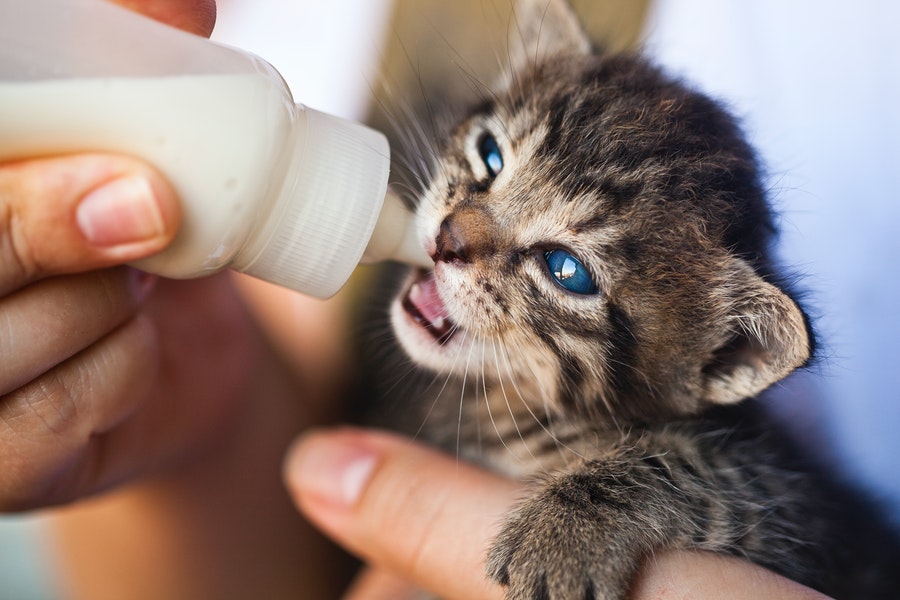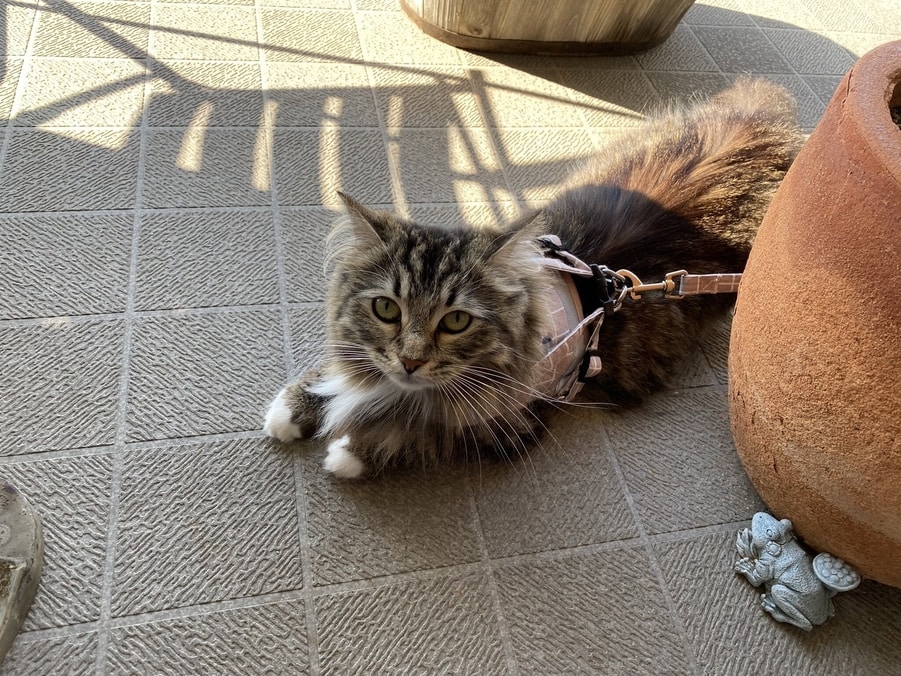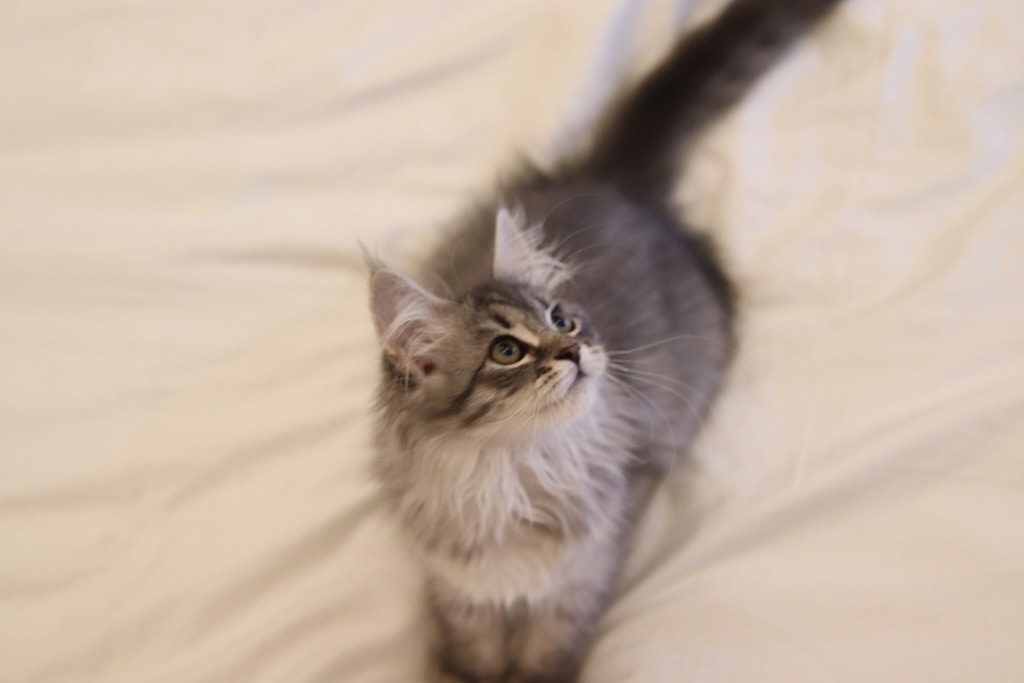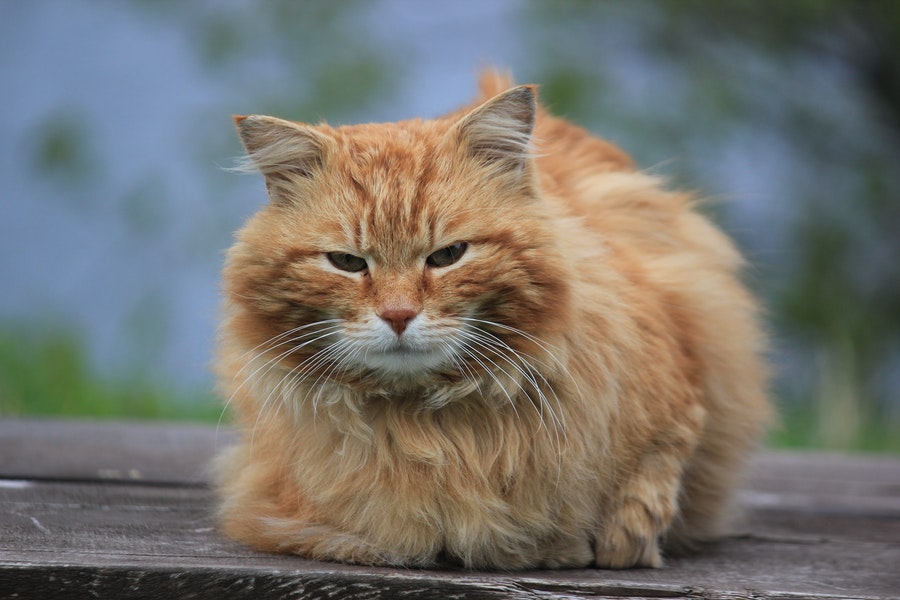Just like people, cats have different dietary needs. While some felines enjoy a good old-fashioned glass of milk, others can’t tolerate dairy products. So, what’s the verdict on giving milk to Siberian cats? Can Siberian Cats drink milk without any problems or is it best to avoid it altogether?
Here’s what you need to know about milk and your kitty!
Can Siberian Cats Drink Milk?
Yes, they can! But you should still exercise caution when giving your cat dairy products. All cats are obligate carnivores which means that they require animal protein to survive. Some people believe that this means that cats can’t drink milk but that’s not actually the case. While milk isn’t a necessary part of a cat’s diet, most cats will drink it and thirst for it if it’s available. Milk can provide some nutritional benefits for cats but it should only be given in small quantities and as an occasional treat.
Siberian Cats Are Lactose Intolerant
One of the reasons why you should be careful when giving your cat milk is because most cats are lactose intolerant.
This means that their bodies can’t properly digest the sugar in milk (lactose) which can lead to digestive problems.
If your Siberian cat drinks too much milk, they may experience diarrhea, vomiting, and other gastrointestinal issues. So, it’s important to only give them a small amount of milk or diluted milk if they’re particularly prone to digestive problems.
If you do decide to give your cat milk, it’s best to choose a lactose-free variety or one that’s been specially formulated for cats.
These products are easier for cats to digest and won’t cause the same problems as regular milk.
Yogurt And Cheese Are Easier To Digest
If you’re looking for a dairy product that’s easier on your cat’s stomach, yogurt and cheese are good options.
Yogurt contains live and active cultures which help to break down lactose, making it easier for cats to digest.
Cheese is also lower in lactose than milk, so it’s another option to consider if your kitty enjoys a little bit of dairy now and then.
Just like milk, yogurt and cheese should only be given to Siberian cats in small quantities. They can be fed as an occasional treat or mixed into their wet food for an extra boost of protein and nutrition.
Milk Is A Treat, Not a Meal
While milk can be a delicious treat for your Siberian cat, it shouldn’t be considered a meal replacement.
Milk doesn’t contain all of the nutrients that your kitty needs to stay healthy so it should only make up a small part of their diet.
For the most part, your cat’s diet should consist of high-quality wet or dry cat food. This will give them all the nutrients they need to stay healthy and happy!
If you do decide to give your Siberian cat milk, make sure it’s only in small quantities and as an occasional treat.
Too much milk can lead to digestive problems so it’s best to err on the side of caution.
You should also choose a lactose-free variety or one that’s been specially formulated for cats to help avoid any tummy troubles.
Nutritional Needs Of A Siberian Cat
Just like all other mammals, cats need a variety of nutrients to keep strong and healthy. Protein is the most important nutrient of all for your feline friend.
We’ve listed the other important nutrients below for your interest.
Protein
All cats, including Siberian cats, are obligate carnivores. This means that they require animal protein to survive.
A diet that is too low in protein can lead to health problems such as muscle wasting, and weakness.
The best way to ensure that your cat is getting enough protein is to feed them a high-quality diet that contains mostly meat.
Fat
While fat isn’t a necessary part of a cat’s diet, it does provide some important benefits.
Fat helps keep your cat’s coat healthy and lustrous and also provides them with energy.
Your cat’s diet should consist of about 5-10% fat.
Carbohydrates
Carbohydrates aren’t a necessary part of a cat’s diet but they can provide some benefits.
Carbs can help keep your cat’s energy levels up and also promote a healthy digestive system.
If you do choose to give your cat carbohydrates, make sure they’re in the form of complex carbs such as whole grains.
Vitamins and minerals
Vitamins and minerals are essential for keeping your cat healthy.
They help support the immune system, promote a healthy coat, and keep the bones and teeth strong.
Make sure that your cat’s diet contains plenty of vitamins and minerals to keep them happy and healthy!
Water
Water, after protein, is the most important nutrient for cats and should be given to your cat with every food serving.
Cats need plenty of fresh, clean water to stay hydrated and to keep their organs functioning properly.
Make sure that your cat always has access to fresh water and that you’re changing it regularly.
Foods Not To Give A Siberian Cat
Now that we’ve discussed milk and Siberian cats. It’s also very useful to know the foods you should definitely not be giving your Siberian cat. We’ve listed the most important ones below.
Chocolate
Chocolate contains a compound called theobromine which is toxic to cats.
Even small amounts of chocolate can cause vomiting, diarrhea, and even death in some cases.
So, it’s best to avoid giving chocolate to your cat altogether.
Caffeine
Caffeine is bad for cats to eat because it’s a stimulant that can cause heart problems, seizures, and other health issues.
Cats are particularly sensitive to caffeine, so even small amounts can be dangerous.
Alcohol
Alcohol is poisonous to cats and can cause serious health problems.
So, it’s best to keep alcoholic beverages away from your cat(why would anyone even consider this).
Tobacco
Tobacco is also poisonous to cats and can cause serious health problems.
Even small amounts of tobacco can lead to vomiting, diarrhea, tremors, and even death.
So, it’s best to keep tobacco products away from your cat.
Onions, Garlic, Chives
Onions, garlic, and chives can cause anemia in cats. These vegetables contain a substance called thiosulfate which breaks down red blood cells.
Cats are especially vulnerable to this toxin because they lack the enzyme that helps humans break it down.
Consequently, even a small amount of these vegetables can be dangerous for cats.
Grapes and Raisins
While grapes and raisins may be healthy for humans, they can be very harmful to cats. Grapes and raisins contain a toxin called glycoside orotic which can damage a cat’s kidneys.
Symptoms of grape or raisin poisoning in cats include vomiting, diarrhea, lethargy, and increased thirst.
If you think your cat has ingested grapes or raisins, contact your veterinarian immediately.
Macadamia Nuts
Macadamia nuts are poisonous to cats. The toxin in macadamia nuts interferes with the cells’ ability to use glucose for energy, which can cause muscle weakness, paralysis, and even death.
Cats that have eaten as few as six raw or roasted macadamia nuts may show signs of toxicity, such as vomiting, weakness, ataxia (stumbling), tremors, and hyperthermia (elevated body temperature).
Milk Alternatives For A Siberian Cat
Formulated Goats Milk
Formulated goat’s milk is a good alternative to cow’s milk for cats.
Goat milk is easier for cats to digest and is also a good source of protein and fat.
Make sure to get a formulated goat’s milk that’s specifically made for cats and not for human consumption.
Kefir
Kefir is another good alternative to cow’s milk for cats.
It is a fermented dairy product that’s rich in probiotics and easy for cats to digest.
Lactose-Free Milk
Lactose-free milk is another good alternative to cow’s milk for cats.
Because cats are lactose intolerant this makes it a perfect treat instead of cow’s milk.
Brands such as Cat-Sip are very popular among cat owners.
Conclusion
Cats can drink milk but its best to give them some only as a treat or not at all if possible,
However, if you’re looking for a good alternative to cow’s milk for your cat, consider formulated goat’s milk, kefir, or lactose-free milk.
These products are easier for cats to digest and are packed with nutrients that your cat needs to stay healthy.
Elliot is the owner and lead writer at Lais Lairs. He is the proud owner of a Maine Coon/Siberian Mix cat named Lai. His oldest cat lived to be 18 years old so he’s learned a thing or two about keeping pets. When he’s not writing you can find him playing video games or playing fetch with Lai.



